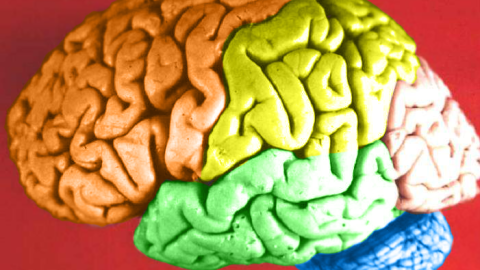How Law Would Work Without Free Will

What’s the Latest Development?
Neuroscience is beginning to unlock the secrets behind the most aberrant criminal behavior. Its findings are disrupting our legal system, which continues to insist that everyone is equal before the letter of the law, beneath the banners of volition and culpability. “This myth of human equality suggests that people are equally capable of controlling impulses, making decisions, and comprehending consequences. While admirable in spirit, the notion of neural equality is simply not true,” says David Eagleman, neuroscientist at Baylor College of Medicine.
What’s the Big Idea?
How can our justice system adapt to what neuroscience tells us about human behavior, and thereby be more just? Eagleman says it must not be satisfied with being punitive in nature and should instead be more forward thinking. How can courts prescribe sentences that, using scientific data, work to rehabilitate convicts rather than simply incarcerate them? Eagleman proposes informing criminals of how their brains work, using brain scans to show them which parts activate when they are thinking of committing a crime. In this way, he says, they can work to influence their own thought patterns away from bad behavior.





